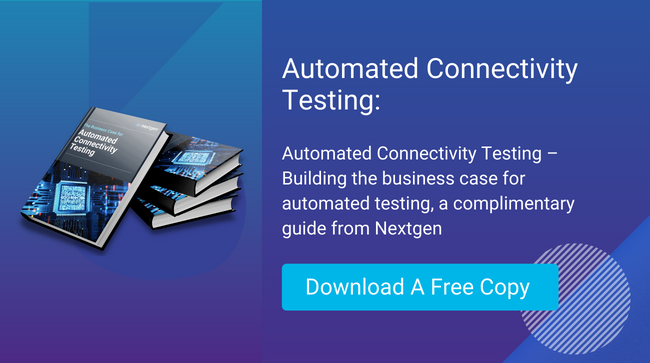Using Bluetooth Technology For Secure Digital Key Sharing

Digital key sharing technology is used in a variety of commercial applications, including access controls, car-sharing, hotel room entry and car rentals – and depends on effective Bluetooth connectivity for its security and efficiency. Bluetooth provides a secure, low-cost way to share digital keys between devices without the need for physical key fobs, swipe cards, access codes, pass keys, or biometrics. With digital key sharing, users can grant and revoke access from anywhere in the world through their mobile device or computer.
Bluetooth Digital Key Sharing In The Automotive Sector
In the automotive sector, Bluetooth digital key solutions allow car owners or car sharers to use their smartphone as a digital key to lock and unlock their vehicle. The system consists of two components – an app on the user’s smartphone and a controller installed in the car – that communicate with each other via near-field communication (NFC) or Bluetooth Low Energy (BLE) and ultra wideband (UWB).
How Does It Work?
The app sends an encrypted signal via either NFC or BLE, which is then received by the controller in the car. When the controller receives this signal from the user’s smartphone, it unlocks the doors automatically. This ensures secure access without having to physically handle keys or enter any codes into a lock/keypad/button system.
How Bluetooth Enhances Digital Key Sharing Security
By using digital keys, users can securely store and exchange data without worrying about physical keys and access devices getting lost or stolen. While digital key sharing is generally considered secure, the cryptographic technology that underlies it is not infallible. Weak encryption algorithms or vulnerabilities in the original source code can potentially be exploited by hackers, compromising both the shared data and the sender's personal credentials.
The encryption used by Bluetooth digital key systems ensures confidentiality and integrity while also mitigating the risks associated with misplacement or theft. Digital keys shared over Bluetooth use a digital signature to ensure that only the intended recipient can open or access it. Inbuilt encryption protocols such as Advanced Encryption Standard (AES) and Secure Sockets Layer (SSL) also increase the safety of Bluetooth digital key sharing, making Bluetooth more secure than many other digital access control systems.
Flexibility And Control
Bluetooth digital key sharing also provides greater flexibility in how users configure their digital keys. For example, digital keys can be configured to be valid only for a certain period of time (e.g. for car hire) or only for the user’s specified device. These settings allow users to limit who has access to their vehicles at any given time, providing peace of mind when sharing cars with others.
Additionally, should a digital key become lost or stolen, users can easily disable it remotely using their smartphone app on a backup device. Users can set up digital keys to access from multiple devices or configure digital keys to be used on a limited number of occasions - minimising the risk of unauthorised access by restricting digital keys to only those individuals with valid credentials.
Improved Security Through Digital Key Sharing
Bluetooth digital key sharing technologies have interesting implications for access control systems in the automotive sector and beyond. It will be interesting to see how these emerging devices take advantage of improved Bluetooth connectivity standards to improve both security and convenience for users over the coming years.
Testing Bluetooth Digital Key Sharing
With these developments, will come new demands on the automotive testing process, as digital key sharing ‘Phone as a Key (PaaK)’ will need to be robustly tested on a range of mobile devices globally to ensure seamless convenience for the user. To find out more about how Nextgen can help with complex automotive testing using our automated test solutions, please get in touch.




